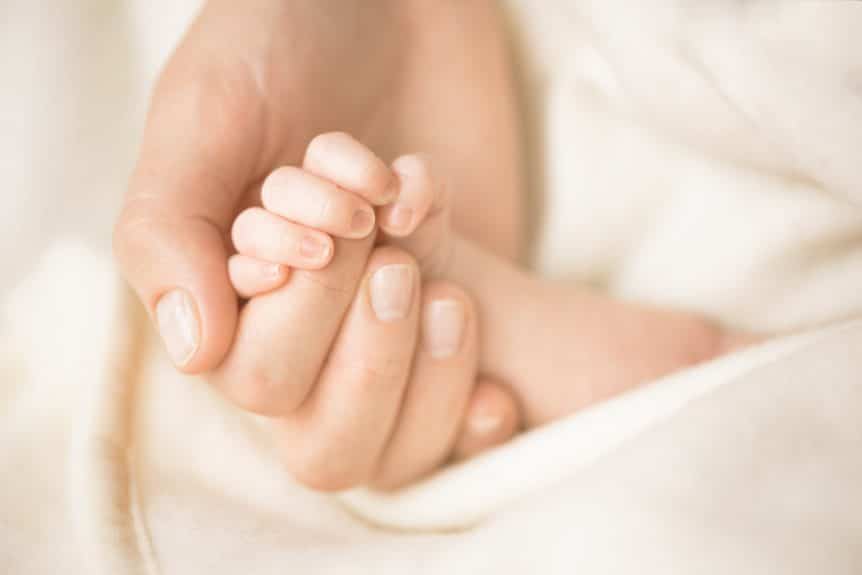A new mom with a new baby should be one of the happiest people in the world, right? Unfortunately, it doesn’t always work out that way. Postpartum depression or anxiety is fairly common among new mothers. Something in your brain is off, and you don’t feel as happy as you should, and maybe that makes you feel guilty or anxious. Maybe it makes you feel like a bad mom. Thankfully, you can find information and help for these disorders online or from someone who has experienced it herself.
There’s another illness out there, though. It’s not as common, but it’s real. It’s called Postpartum Psychosis. Sound scary? That’s because it is. Postpartum Support International (PSI) claims that this illness occurs in 1 to 2 out of every 1,000 births. That’s a low percentage, but if you’re the one experiencing it, it’s a huge deal.
What is Postpartum Psychosis?
The symptoms can differ from one mom to the next. Here are some symptoms that may indicate you have postpartum psychosis:
– Your mood swings flip often and quickly.
– You think strange thoughts about yourself. The thoughts seem to come from some other place. Another person might call these thoughts delusions.
– Even though you’ve recently given birth, you feel hyperactive. You want to do things all the time, even when you should be resting. In fact, you don’t feel like you need much sleep anymore.
– You see and hear things that aren’t really there. There may be voices telling you what to do. You might see something on television that you’re sure was there only for your eyes.
– You have a hard time talking about what is happening to you with other people. Somehow you know others won’t be able to understand.
– You become suspicious of people you used to trust. You are paranoid that people are out to get you, even when those people are your own family. You think others are trying to keep you from doing the things that need to be done.
– You feel irritated more often. You get into conflicts with more people.
– You can’t remember how to do simple things that you used to know by memory.
– Strange urges come upon you to do things, and these urges are almost impossible to resist.
– You are very afraid of the changes that you are going through, and you think you may need to do something drastic to escape from this new craziness.
A woman experiencing postpartum psychosis needs immediate help. If you think you or someone you know is in a psychotic state, call your doctor or an emergency crisis hotline. Postpartum psychosis is treatable, and it is temporary, but women experiencing it could be a real danger to themselves or others.
Can Accelerated Resolution Therapy help women with postpartum psychosis? Absolutely. In cases of psychosis where the patient is being treated by a medical doctor, ART can work right along with the medication, helping reprogram the brain so the woman can build resilience and live her life positively, not negatively. The anger, guilt, exhaustion, worry, embarrassment, and shock of being psychotic can go away. The deep depression and lingering anxiety can be lessened dramatically in the very first session of ART.
Even if postpartum psychosis happened a long time ago, and the baby is all grown up now, ART can still help heal the mental and emotional scars left by the trauma. It’s about letting go of the hurt and gaining peace that will last.
We want to make sure you get the help and support you need, whether you are experiencing psychotic symptoms or just feeling alone and scared after having your baby. Please reach out to us, and we’ll offer a helping hand.
Sources:
http://www.postpartum.net/get-help/postpartum-psychosis-help/
http://www.postpartumprogress.com/the-symptoms-of-postpartum-psychosis-in-plain-mama-english
https://www.womenshealth.gov/mental-health/mental-health-conditions/postpartum-depression

